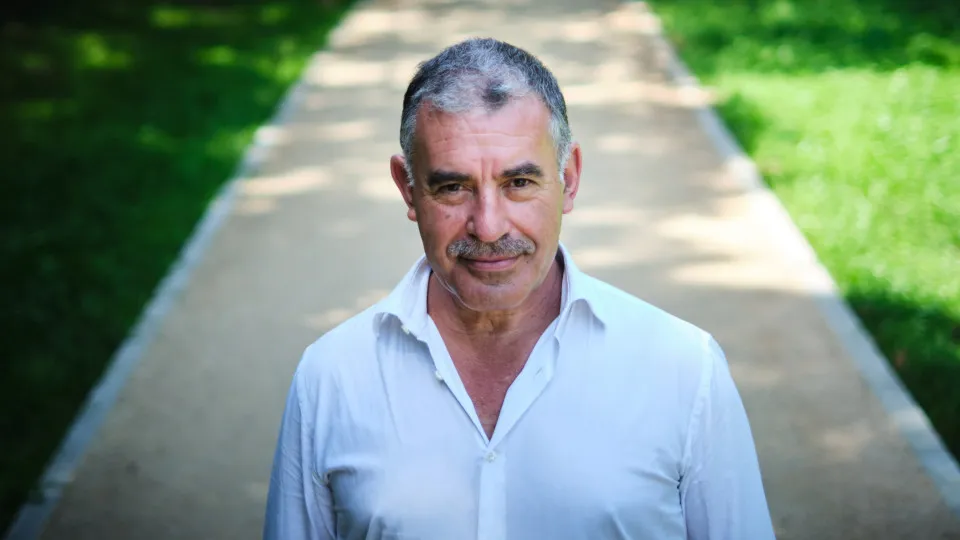
In an interview at the Consulate General of Portugal in New York, where he began his visit to the United States, Emídio Sousa discussed revising the legal framework for Portuguese language education abroad to “keep Portuguese culture active.”
“This legal framework hasn’t been updated in 19 years, if I remember correctly, so I’m finalizing this project to revise it, aiming to make Portuguese education more appealing,” he stated, admitting to having received some complaints about the unattractive salary conditions for teaching Portuguese in the United States.
“Regarding the government’s role, it is essentially about reviewing the legal framework, improving class attendance conditions, textbook distribution, and online classes. This is all part of the work the Portuguese government is undertaking,” he assured.
However, Emídio Sousa urged Portuguese communities to remain connected to the language, emphasizing that it is an “important tool for the future.”
“My constant appeal to our communities is to speak Portuguese at home. It is the greatest and best learning tool for the language. (…) Often, the second and third generations, as they marry natives, slightly lose this connection, but I usually say it could even be an important tool for the future. Having extra skills is never a problem,” he remarked.
Portuguese is not only one of the most widespread languages globally, with over 265 million speakers across all continents, but it is also the most spoken language in the Southern Hemisphere, according to UNESCO data.
“Therefore, I challenge families and individuals to invest in our language,” added the Secretary of State, urging families to first speak the language at home and then refine it in the local Portuguese schools.
The United States is one of the countries where Portuguese education has grown significantly, with more than 20,000 students in primary and secondary education and over 2,000 students in higher education, supported by more than 400 teachers, according to official data, pointing to a 100% growth in the last decade.
The educational system’s emphasis on the Portuguese language is evident in its accreditation as a language for higher education access through the ‘National Examinations in World Languages’ (NEWL).
The Secretary of State for Portuguese Communities began his visit to the United States today, which will take him to New York, New Jersey, Massachusetts, and Rhode Island, ending next Wednesday.
During his visit to New York, he participated in a cultural gathering organized by the Consulate General of Portugal and met with consular staff who relayed their demands for salary increases, as he indicated.
Emídio Sousa also highlighted his intention to be as close as possible to the communities, considering emigration to be “part of the Portuguese DNA for centuries,” with the current government particularly committed to supporting Portuguese people worldwide and, “above all, to valuing them and involving them in a new concept of the country’s development.”




